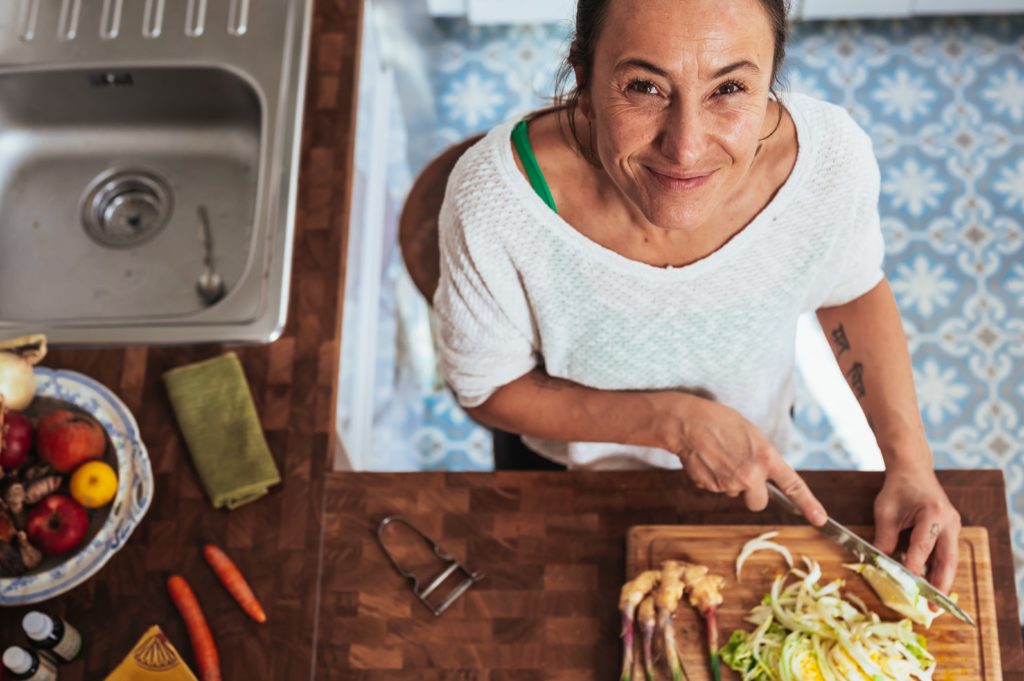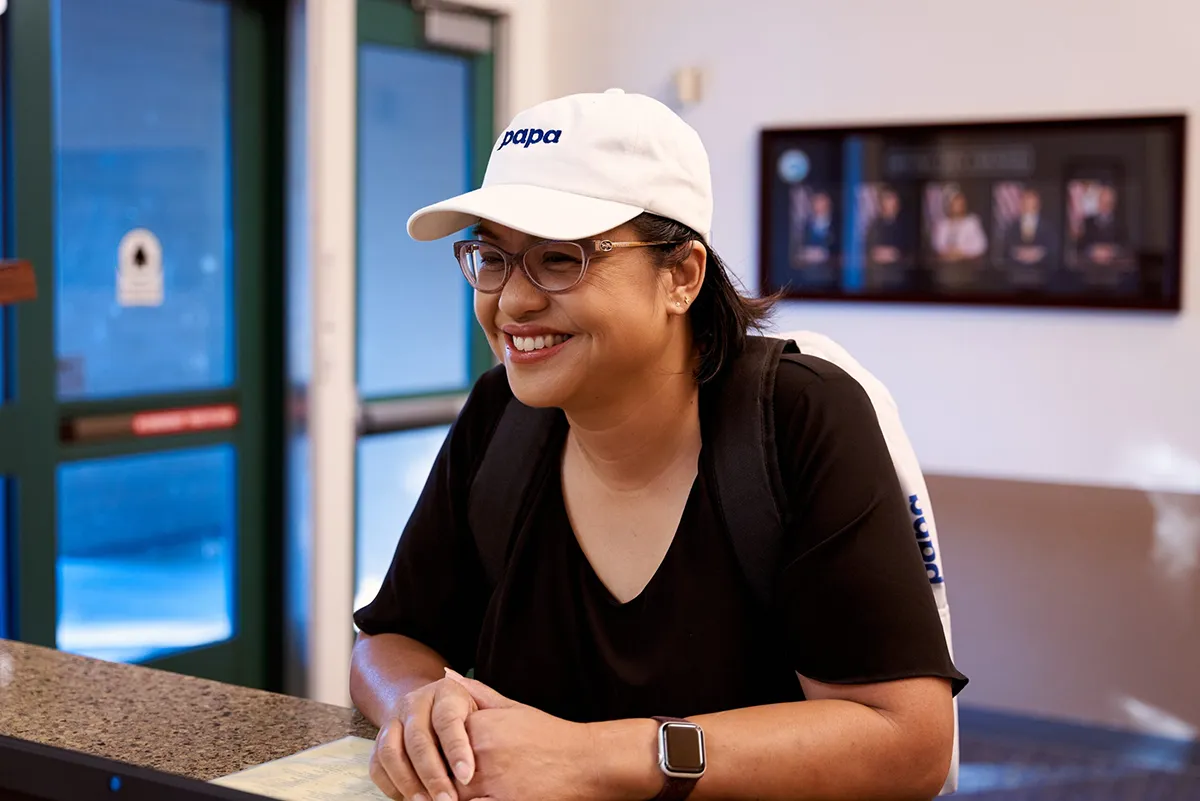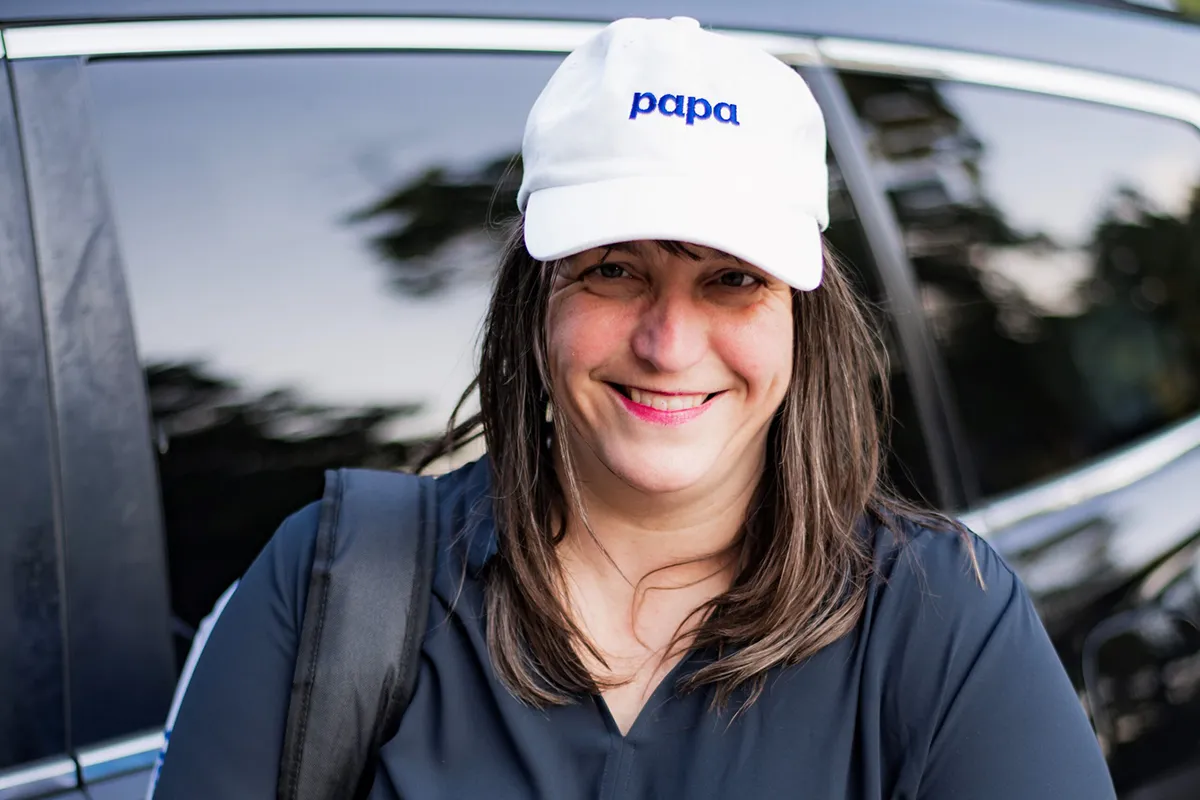Learn the key differences between PCA and caregiver jobs
Interested in a career helping others? Want to know the difference between a personal care assistant (PCA) and caregiver? You’ve come to the right place.
Both jobs focus on making a positive impact and helping older adults and seniors live safely and comfortably at home. But there are distinctions between the two roles, plus several other options to consider. Read on to learn the difference between a PCA and caregiver.
What is a PCA?
Personal care assistant (PCA), also known as a personal care aide, is a health care professional who helps older adults and seniors by providing personal hands-on care and companionship. PCA's often work in private homes, group homes, or care facilities. Depending on location, a license or certificate may be required to get started.
What does a PCA do?
PCA's provide care and companionship and help with bathing, dressing, grooming, eating, toileting, and moving. (This type of support is also called hands-on care.) In addition, personal care assistants are often tasked with cleaning, running errands, meal prep, and arranging transportation.
How to become a PCA?
Some states require PCA's to take training courses and earn a license or certificate and you'll likely need at least a high school diploma to get started.
The difference between a PCA and caregiver
Caregivers, also called companion caregivers, for organizations such as Papa focus on providing companionship, not personal care in the way that a personal care assistant does. There’s no hands-on care or medical care.
Instead, companion caregivers, who are called Papa Pals, offer companionship and support around the house. For example, they help older adults and seniors with things like housekeeping, exercise, pet care, car rides, and teaching basic technology. Notably, the emphasis for this job is on fellowship. No training is required and you can start working right away.

Other hands-on roles in health care
Home health aide (HHA) provides the same support as a personal care assistant, as well as basic health care. While job requirements vary from location to location, most home health aides complete a minimum of 75 hours of training. They also need to pass their state’s certification exam.
Certified nursing assistant (CNA) perform basic nursing tasks and are managed by a registered nurse. They offer all the support that personal care assistants and home health aides provide, plus basic medical care. What’s more, certified nursing assistants must complete 75 to 100 hours of training, then pass exams.
Frequently asked questions
What’s the number one difference between PCA and caregiver?
A Papa Pal companion caregiver provides pure companionship with no hands-on care. This can consist of housekeeping, meal prep, help with car rides, playing board games, and more. By contrast, a personal care assistant may do all these things as well as assisting with personal care needs.

Do Papa Pal companion caregivers offer personal care?
No, Papa Pals don’t provide any hands-on care such as bathing, toileting, and dressing.
Are personal care assistants and caregivers in demand?
Yes, very much so. There is a great need for big-hearted people who want to care for others.
Which job offers the most flexibility?
Being a Papa Pal companion caregiver offers the most flexibility for several reasons. First, working for a company such as Papa allows you to get started without prior experience. Second, you can choose the visits you want to accept. Third, you can decide the tasks you will perform, as well as the location of your visits. Four, there is often great flexibility in the timing of visits.
Can any of these jobs help you break into other careers?
Yes! All of these jobs can lead to new careers. Depending on your interest, you can launch a career in health care. By contrast, these jobs can also help you start a career in social work.
Notably, when you work as a Papa Pal, you can work in a relaxed home environment. Because you’re a companion rather than a nurse, it’s a good introduction to help you evaluate what your interests are.
What’s the best option for someone who wants to focus on the social side of providing care?
Without a doubt, it's working as a companion caregiver. It goes without saying that we all crave friendship and fellowship, and that's what you provide. There’s no more rewarding way to help a potentially lonely person than by being a Papa Pal.

What skills or experience do you need to work as a Papa Pal?
The nice thing about being a Papa Pal is the only skill you need is a big heart. No particular skills are absolutely necessary because you choose the services you provide. For example, if you offer pet care as a Papa Pal, you must be good with animals. But, if you choose to provide housekeeping, you don't need experience with pets. Learn more about Papa Pal Requirements.
Start working as a companion caregiver
For people who want to make a meaningful difference in their communities, being a Papa Pal is very fulfilling work. If the idea of companion caregiving resonates with you, please take the next step and apply to be a Papa Pal. You can get approved in as little as a week.


